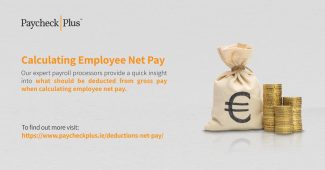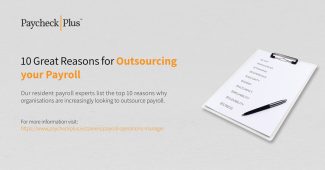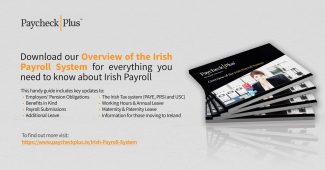
Revenue Audit
What’s involved in a Revenue Audit?
In this article we anaylse what is involved in a Revenue Audit and how are taxpayers and businesses are usually selected for auditing.
In short, a Revenue Audit is where Revenue auditors compare the taxpayer’s tax returns against the taxpayer’s tax records.
How are taxpayers selected for auditing
There are typically 3 reasons why a taxpayer is selected for auditing:
- Their tax returns are unusual (most common reason for selection)
- They are in an industry, profession or trade that a Revenue campaign is focusing on
- They were randomly selected
What’s typically involved in a Revenue Audit?
Before a Revenue Audit, a letter giving notice of the audit date, time, period being audited and issues in focus is usually provided 21 days in advance.
Revenue Audits generally take place in the taxpayers business – the taxpayer and their agent (if applicable) is expected to attend. On arrival, the Revenue auditor will show their ID and explain why they’re there without going into detail of why the company/taxpayer was selected for auditing. The taxpayer will be prompted to make relevant disclosures (disclosing details at this point can reduce penalties). The Revenue Audit will then take place which usually includes an interview, examination of records and books. Specifically, as detailed by Revenue, they usually:
- ascertain the nature of the business, identify those responsible for maintenance of the records and list the records kept
- examine the books and records, in whatever format held, both for completeness and the treatment of transactions having regard to tax and accounting principles
- check that all relevant returns have been made and are complete in accordance with the records
- make whatever enquiries are necessary for the audit
- advise the taxpayer of any errors, omissions or irregularities in the tax or duty returns submitted (including those in the taxpayer’s favour), determine liability if it arises, request settlement and specify any action that may be required to place the taxpayer on a compliant footing
- conduct a physical and documentary walkthrough of premises to verify on-going compliance with criteria or conditions laid down in authorisations for certain Customs procedures.
Revenue also notes that:
- If [the taxpayer’s] return is largely correct, [the taxpayer] will be informed as soon as this is certain.
- If [the taxpayer’s] return will need to be adjusted, the auditor will discuss this with [the taxpayer] and will also provide written notification.
- [the taxpayer] will have a final interview where [the taxpayer] will be asked to agree on the total settlement.
- After [the taxpayer’s] agreement [the taxpayer] should pay the auditor who will give [the taxpayer] a receipt.
For more on Revenue Audits and Payroll Compliance read:
Paycheck Plus, Your Outsourced Payroll Provider
Paycheck Plus is Ireland’s premier payroll outsourcing service. We offer professional and accurate payroll processing tailored to your company’s needs. With a 99.9% accuracy rating we can guarantee that our specialist payroll team will expertly execute your payroll.
Our range of payroll services including international payroll services, payroll consultancy, payroll audits, payroll reporting, Irish payroll training, and company registration.
For more information or to request a payroll services quote call our payroll firm on +353 (0) 1 905 9400
Or you can contact our UK payroll service company on +44 (0) 161 464 8720




